Become Job-Ready in DevOps
4.9/5

Learn DevOps by doing.
Build real projects, work with cloud tools like AWS, and get expert career support—so you’re ready to land the job.

Learn DevOps by doing.
Build real projects, work with cloud tools like AWS, and get expert career support—so you’re ready to land the job.
DevOps is essential for helping modern IT teams deliver software faster, more reliably, and at scale. Our DevOps course teaches you how to automate workflows, deploy applications, and manage infrastructure the way real engineering teams do.
You’ll get hands-on experience with the most in-demand tools—Jenkins, Docker, Kubernetes, Terraform, Ansible, and more. The course goes beyond tool usage, helping you develop the mindset and collaboration skills needed to thrive in DevOps environments.
Understand and apply the DevOps mindset and workflow professionally.
Gain the confidence to work with any AWS-based DevOps tool used in real-world environments.
With project-based learning, mentorship, and career coaching, you’ll graduate with a portfolio that proves your readiness. Whether you’re transitioning into tech or stepping up in your current role, this program is built to get you job-ready.
Cloud computing is growing fast—and DevOps Engineers are leading the way.
Work remotely or on-site—from anywhere in the world.
DevOps Engineers in the U.S. earn an average of $120,000+ per year.
Speak one-on-one with a Clarusway Advisor to explore your goals, options, and next steps.

Well-Known and Respected in the Industry
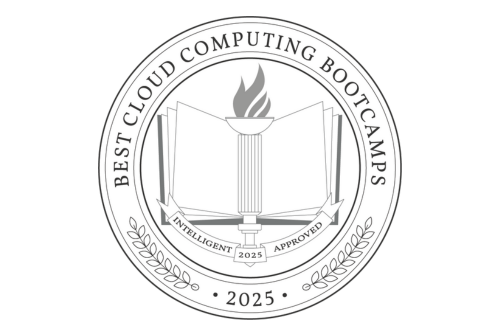

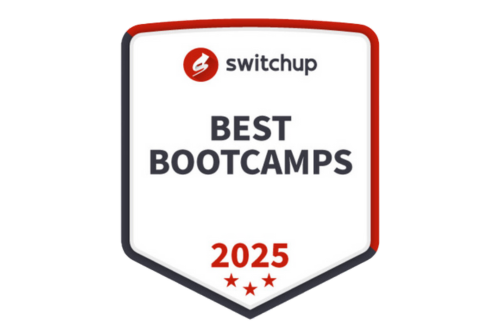
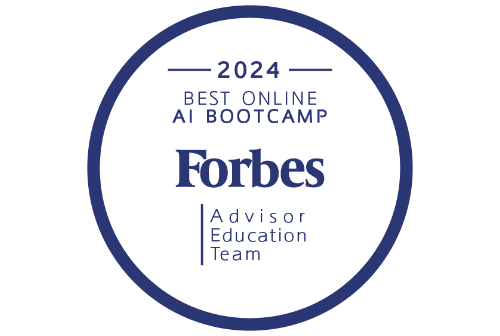

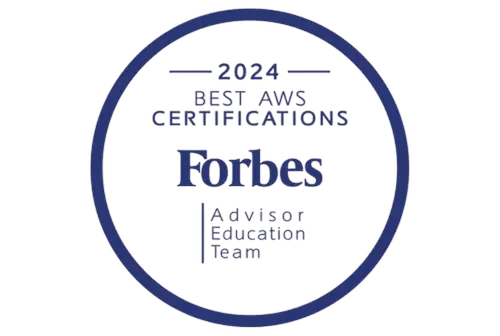
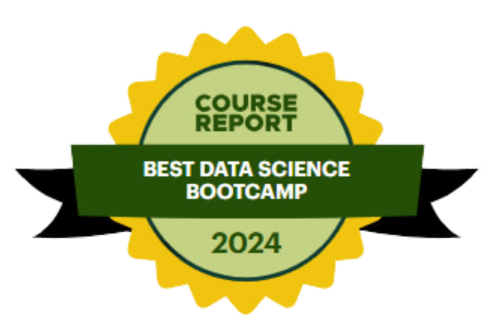
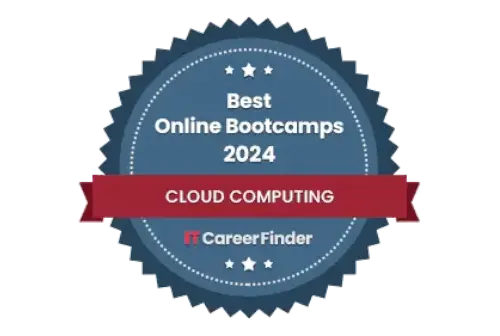

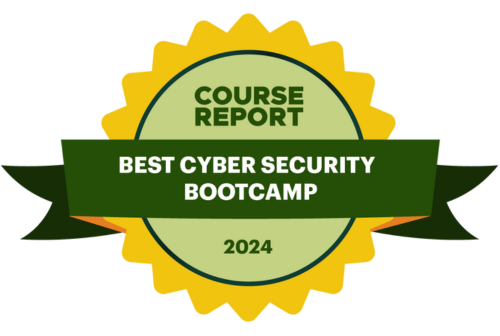

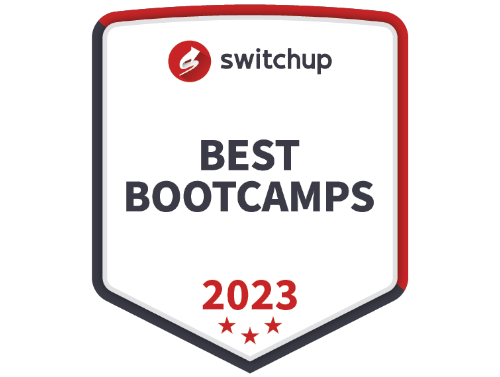
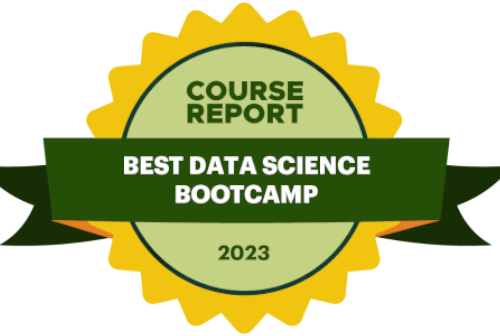
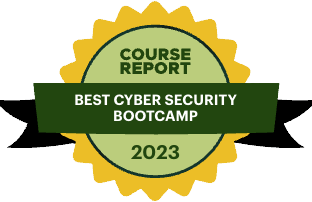

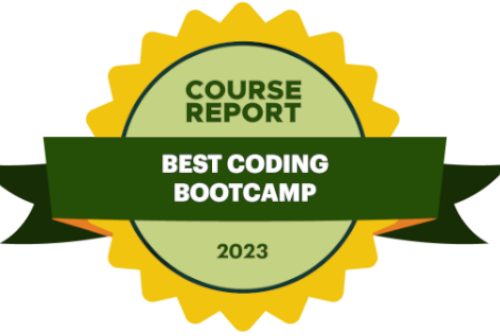

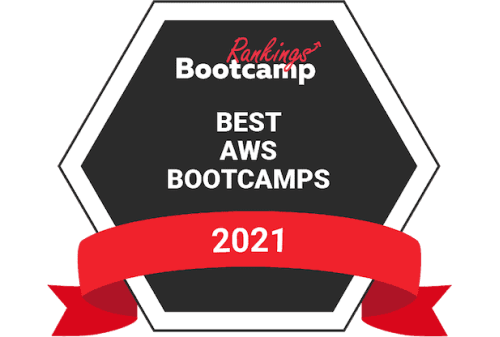


Schedule : Part-time
Duration : 3 Months
Curriculum : Module 2 (DevOps)
Prerequisites

$7,800
$7,800 $5,070
| Total tuition before discount | $7,800 |
| Discount | -$2,730 |
| Paid at the time of enrollment | $5,070 |
| Total cost | $5,070 |
16 months
as low as
$249 /mo36 months
as low as
$304 /mo7+29 months
$1,560 /mo $1,326/mo
| Total tuition before discount | $7,800 |
| Discount | -$1,170 |
| Monthly payments (based upon 5 months) | $1,326 |
| Paid at the time of enrollment | $1,326 |
| Total cost | $6,630 |
* For Climb Credit options, the monthly payment amount and repayment period may vary depending on the applicant’s financial profile and the requested loan amount.
| Day | Time | Class |
|---|---|---|
| Mon | 7 P.M. - 10 P.M. | Live Class (Online) |
| Tue | 7 P.M. - 10 P.M. | Live Class (Online) |
| Wed | ||
| Thu | 7 P.M. - 10 P.M. | Live Class (Online) |
| Fri | 7 P.M. - 10 P.M. | Teamwork CMS |
| Sat | ||
| Sun |
The hours are indicated in the “Eastern Standard Time (EST)”.







Teams are formed with a group of students. A student is selected to be a team leader and a mentor from Clarusway attends these meetings. Students work together on their weekly documents and use what they learn to solve problems. They are assigned a code challenge each week and are continually evaluated to stay on track.
Students will learn by discussing the interview questions in their documents. Teams can work together during teamwork activities and projects. Teams can also set up other times to meet outside of class periods. We match students in code buddy teams and follow up with their progress in working together. We change code buddies at specific periods so students experience different approaches – it’s a peer-to-peer learning environment. Students get to see new perspectives to learn and grow. Teams use Jira and GitHub tools while managing their projects as a team.
The program is designed to prepare you to become a DevOps engineer. Job titles can include DevOps Engineer, SysOps Administrator, Platform Engineer, Build Engineer, Site Reliability Engineer, and Release Manager. Being a DevOps expert makes you extremely valuable across many different industries and roles. As a graduate of this program, you will be prepared for roles ranging from generalist to specialist.
We provide various payment options to make the program work for you:
This program is for developers, system administrators, and operations managers interested in automating IT infrastructure, building software delivery pipelines, and deploying and managing infrastructure. With this program, you can gain the skills you need to succeed in this rapidly-growing field.
The DevOps course prepares you to work as a DevOps engineer in a company using the DevOps culture, methods, and tools and/or conducts the DevOps Model during production.
In this role, you work as a DevOps engineer in a tech company that plans to adopt the DevOps model or use the DevOps culture, methods, and tools.
DevOps (Module 2) program’s prerequisites are:
You will learn DevOps tools (Jenkins, Docker, Kubernetes, Docker Swarm, and more.) comprehensively in the course. As the last step, it is up to you to apply for certifications exams such as Docker Certified Associate (DCA), Certified Kubernetes Administrator (CKA), and Certified Kubernetes Application Developer (CKAD). We will provide expert guidance so you can learn the skills and gain the confidence you need to pass these exams.
DevOps practices are required for IT firms to coordinate their Development and Operations processes. In addition, more companies need their workers to adopt the DevOps culture in today’s competitive market. DevOps Engineers are in high-demand and this is expected to continue well into the future.
The DevOps model enables an organization to improve operational efficiency, speed up delivery, and innovate products. A DevOps engineer adopts its company the DevOps culture, methods, and tools or/and conducts the model during production.
DevOps teams require some coding knowledge, but not all team members. This is because DevOps encompasses the entirety of the software application lifecycle, from development to operation. As a result, coding skills are required to establish a DevOps strategy.
The DevOps model enables an organization to improve operational efficiency, speed up delivery, and innovate products. Increased collaboration, fluid responsiveness, and reduced cycle times benefit this culture.
The DevOps market will surpass USD 7 billion in 2022 and is predicted to grow at a rate of more than 20% between 2022 and 2028.
In a company, DevOps skills provide:
The DevOps lifecycle is divided into six phases:
Jenkins is both an open-source and a commercial tool. As a result, Jenkins is advantageous for automating software development processes. For instance, this handy CI/CD tool may be used to integrate the build, deploy, and test processes.
Tools are separated according to the processes they are used in – they are all important. The most frequently used tools used in DevOps are Jenkins, Docker, and Kubernetes.
Docker is useful for the purpose of easily and effectively building, packing, running, and delivering applications on containers with the appropriate dependencies.
The most common certifications in DevOps are Docker Certified Associate (DCA), Certified Kubernetes Administrator (CKA), Certified Kubernetes Application Developer (CKAD), and AWS Certified DevOps Engineer.
You will be evaluated in six distinct categories. Each one adds a score to the total. These include the following:
According to the Bureau of Labor Statistics (BLS), the average annual salary for a DevOps engineer is $99,200.
Both jobs require a distinct sets of skills and tools. If you enjoy coding or working independently, a developer position is ideal. If you prefer working with numerous platforms simultaneously and with a large number of individuals, a DevOps career may be right for you.
Clarusway offers a comprehensive DevOps course program to speed up the process. You can become a DevOps engineer in just 3 months if you bring motivation and hard work to the program!
DevOps unifies development and operations, whereas Agile emphasizes collaboration, user feedback, and faster release cycles. In other words, agile is one of the management approaches that can be combined with the DevOps model.
There are two ways to think of DevOps: an advancement of agile principles or a component of agile that hasn’t been added. It’s an attempt to apply the new ideas from the agile method to the way businesses run their operations. At the same time, DevOps is a missing piece of agile because some agile principles can only be fully realized when DevOps is used.
AWS is a cloud platform that includes services for managing computing infrastructure. In that cloud infrastructure. AWS DevOps offers a DevOps model through its services and tools.

